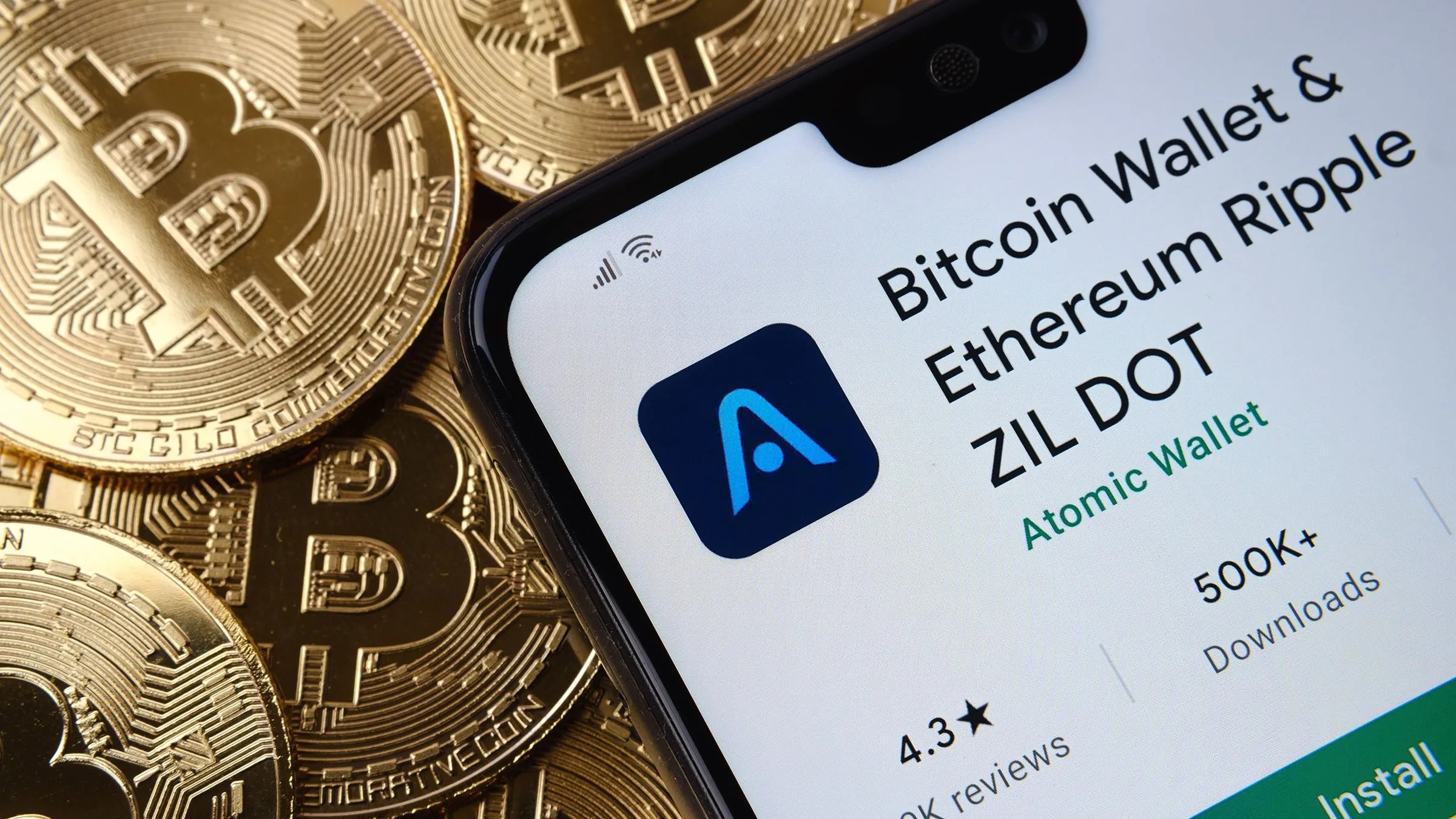In the evolving world of cryptocurrency, digital wallets are essential tools that empower users to securely manage, store, and exchange their digital assets. Among the numerous options available, Atomic wallet has emerged as a popular choice due to its wide functionality, strong security features, and user-friendly interface. This article delves into what Atomic Wallet is, its key features, advantages, and areas where it could improve.
What is Atomic Wallet?
Atomic Wallet is a decentralized cryptocurrency wallet that supports over 300 digital assets, including Bitcoin, Ethereum, Litecoin, and many altcoins. It was launched in 2018 by Konstantin Gladych, co-founder of Changelly, with the vision of creating a secure, non-custodial platform that puts users in full control of their funds.
As a non-custodial wallet, Atomic Wallet does not store users’ private keys on any server. Instead, all sensitive data is encrypted and stored locally on the user’s device, offering enhanced security and privacy.
Key Features of Atomic Wallet
1. Multi-Currency Support
Atomic Wallet supports a broad range of cryptocurrencies—over 300 coins and tokens—allowing users to manage multiple assets in one place.
2. Atomic Swaps
One of the standout features of the wallet is its support for atomic swaps. This allows peer-to-peer, decentralized exchanges of certain cryptocurrencies without relying on centralized exchanges. While this feature currently supports only a limited number of coins (such as BTC, LTC, and QTUM), it represents a move toward trustless trading.
3. Built-in Exchange and Buy Crypto
Atomic Wallet includes an integrated exchange service that allows users to convert cryptocurrencies directly within the app. Additionally, users can buy Bitcoin, Ethereum, and other assets with a credit card through the wallet, thanks to partnerships with third-party services like Simplex and MoonPay.
4. Staking
Atomic Wallet supports staking for several popular cryptocurrencies such as Tezos, Cosmos, and Cardano. This enables users to earn rewards while holding their assets in the wallet, contributing to network security and decentralization.
5. Cross-Platform Availability
The wallet is available on Windows, macOS, Ubuntu, Debian, and Fedora, as well as mobile platforms like iOS and Android—offering a seamless experience across devices.
Security and Privacy
Security is a critical aspect of any crypto wallet. Atomic Wallet addresses this by:
-
Keeping private keys encrypted and stored locally.
-
Requiring users to set a strong password.
-
Providing a 12-word backup phrase for wallet recovery.
Since it is non-custodial, users retain full control of their funds, but this also means they are fully responsible for safeguarding their backup phrase—losing it means losing access to the wallet.
Importantly, Atomic Wallet does not collect personal data, aligning with the privacy values cherished in the crypto community.
Pros and Cons
Pros:
-
User-friendly interface
-
Supports a wide range of cryptocurrencies
-
Built-in atomic swaps and exchange options
-
Staking functionality
-
Cross-platform compatibility
-
Strong focus on privacy and decentralization
Cons:
-
Atomic swaps are limited to a few coins
-
No hardware wallet integration (as of the latest update)
-
Dependence on third-party services for buying crypto may involve higher fees
-
Reports of customer support delays
Final Thoughts
Atomic Wallet strikes a balance between functionality, security, and ease of use, making it a compelling choice for both new and experienced cryptocurrency users. Its multi-asset support, staking options, and decentralized exchange capabilities make it more than just a wallet—it’s a complete crypto ecosystem.
However, as with any crypto tool, users should conduct their own research, maintain good security practices, and ensure they store their backup phrases safely. Atomic Wallet is a powerful tool, but with great power comes the responsibility of managing one’s own digital assets securely.
